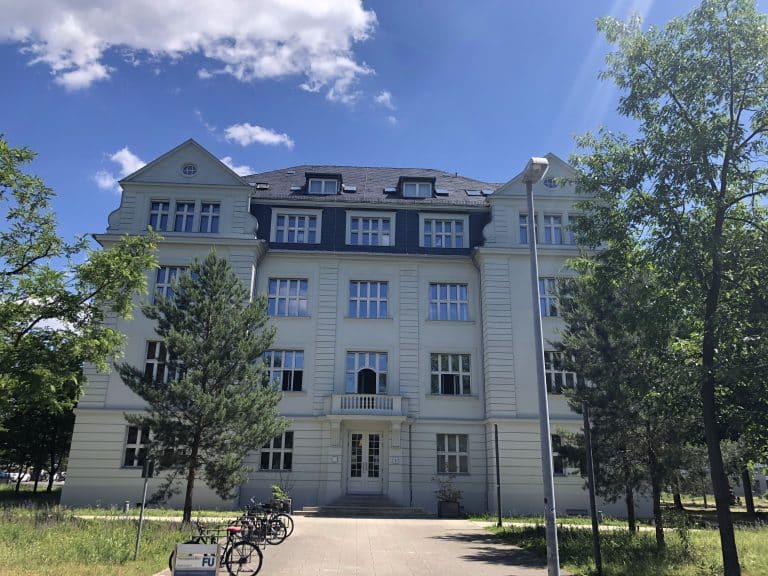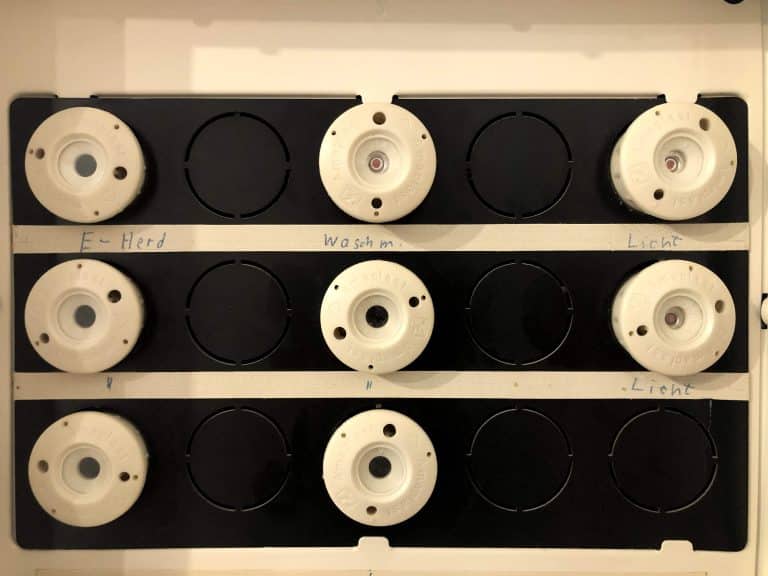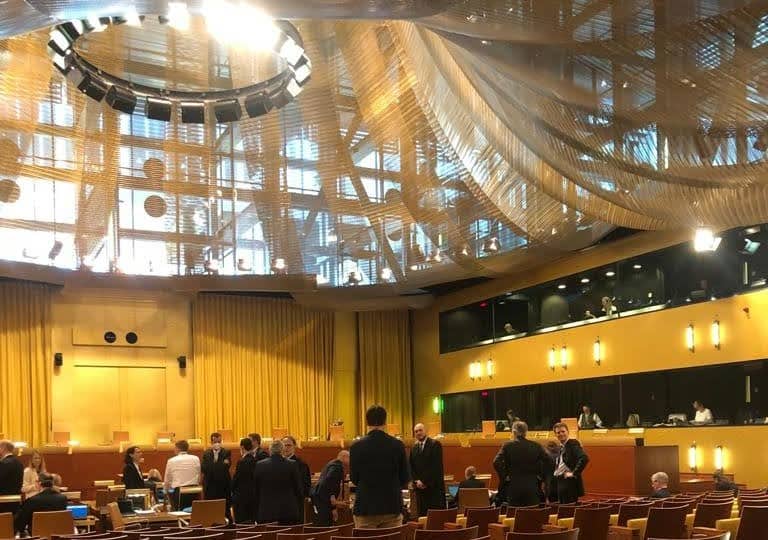In addition to the prohibitions of the blacklist, the Digital Markets Act (DMA) also contains an independent instrument of market investigation. Three occasions for the initiation of a market investigation are provided for:
- Appointment of gatekeepers, Art. 15 DMA
- Systematic breach of obligations, Art. 16 DMA
- Identification of new services and practices, Art. 17 DMA
Objective: The instrument of the market investigation is similar to that of the sector enquiry under cartel law. According to this, the competition authorities should be able to obtain general information on certain economic sectors and identify possible restrictions of competition.
Difference to cartel law: A sector enquiry is not directed against specific companies, but requires the suspicion that conditions exist in a certain area that are not desirable under competition law. These are initially obvious violations of applicable cartel law, but other purposes may also be covered, such as consumer sector investigations in Germany.
Procedure: Formally, a market investigation according to Art. 14 DMA is initiated by a decision which, in addition to the date of initiation, also contains specifications on the subject matter and purpose of the investigation. However, this decision is not one of those under Art. 34 para. 1 DMA that must be published. However, if implementation decisions are taken in market investigations pursuant to Art. 15 or Art. 16 DMA, the gatekeeper or the companies concerned must be given the opportunity to comment.
Assessment of gatekeepers
Requirements: The material criteria for companies to be obliged under the Digital Markets Act are provided for in Art. 2 No. 1 DMA. According to Art. 3 No. 2 DMA, a notification obligation for gatekeepers is provided for. In this case, the initiative to appoint a gatekeeper comes from the regulated company. The EU Commission examines this notification and, if necessary, subsequently designates the company as a gatekeeper. In addition, the EU Commission draws up a list of the relevant central platform services operated by this company.
Starting point: The market investigation according to Art. 15 DMA provides the EU Commission with the authority to independently appoint a gatekeeper:
- Arguments of the company: On the one hand, this can be considered if the company concerned presents substantiated arguments that it does not fulfil the gatekeeper criteria.
- Own suspicion: On the other hand, the EU Commission can initiate a market investigation based on independent suspicions.
Relevance: In doing so, it has a regulatory discretion to take action based on the purpose of designating a gatekeeper. In this context, the market investigation for the designation of gatekeepers can be of particular importance where the threshold values specified in Art. 3 para. 2 DMA are not reached. In this case, the EU Commission has the formal market investigation procedure with which a gatekeeper can be appointed on the basis of the material criteria according to Art. 3 para. 1 DMA.
Subject matter: However, not only the designation of the gatekeeper, but also its central platform services can be the subject of a market investigation. Thus, the designation as gatekeeper could be made on the basis of a notification, but the further designation of the core platform services only subsequently on the basis of a market investigation.
Timeline: This market investigation should be completed within twelve months. After six months, the EU Commission shall send a preliminary assessment to the operator of the examined central platform services. If the market investigation is carried out on the basis of Art. 3 para. 4 DMA, i.e. because the operator of central platform services presents substantiated arguments against its gatekeeper position despite reaching the thresholds, then the market investigation is to be completed within five months. A notification of the preliminary assessment is to be made after only three months.
Right to appeal: In principle, affected companies can appeal against individual investigative measures. On the other hand, legal protection against the basic initiation of a market investigation is generally ruled out because of the broad discretionary powers. However, objections can probably be raised on the grounds that a gatekeeper position is obviously absurd or arbitrary.
Soon-to-be gatekeepers: A special situation arises for designated gatekeepers where the established and permanent position according to Article 3 para. 1 lit. c DMA‑E is only foreseeable and does not yet exist (“soon-to-be” gatekeepers). A gatekeeper can also be appointed in the case of this foreseeability. However, according to Art. 15 para. 4 DMA‑E, it is then possible to declare only certain gatekeeper obligations applicable. These are:
- Art. 5 lit. b DMA: Prohibition of most-favoured-nation treatment vis-à-vis other online intermediary services.
- Art. 6 para. 1 lit. e DMA: Prohibition of technical restrictions on software/service changes or further subscriptions
- Art. 6 para. 1 lit. f DMA: Access/interoperability with ancillary services used to operating systems and hardware/software functions
- Art. 6 para. 1 lit. h DMA: Effective data portability, also with regard to commercial users; provision of tools to facilitate data transfer in accordance with the GDPR; guarantee of permanent real-time access.
- Art. 6 para. 1 lit. i DMA: Free effective, high quality and permanent real-time access to use aggregated or non-aggregated data arising in connection with the use of this central platform service; enabling access/use of personal data only to the extent related to end-user use and provided consent is given under the GDPR.
Reasonability: These obligations must be listed in the designation decision. The EU Commission is bound by the principle of proportionality. This also means that imposing obligations on “soon-to-be” gatekeepers can only be considered in the circumstances of the individual case and is otherwise excluded.
Review: According to Art. 4 DMA, the EU Commission must regularly review the gatekeeper status. In the course of these reviews, it may impose further obligations on companies already designated as gatekeepers without further market investigation.
Systematic breaches of obligations
Prerequisites: The market investigation according to Art 16 DMA is directed at the conduct of a gatekeeper. Systematic breaches of the obligations under Art. 5 and 6 DMA are to be investigated, by means of which the gatekeeper’s position is strengthened or extended. This means that it is not only the infringements that matter, but also the competitive effect. The EU Commission would therefore also have to make findings on the extent to which violations of the designated obligations also led to the structural changes in favour of the platform. Legal presumption:
- For strengthening or expansion: According to Art. 16 para. 4 DMA, this strengthening or expansion is presumed if the requirements of Art. 3 para. 1 DMA have increased. The threshold values of Art. 3 para. 2 DMA are not relevant for this. The determination criteria as such may, however, be used to establish accretion.
- For systematic non-compliance: Art. 16 para. 3 DMA contains a presumption of systematic non-compliance if there have been at least three infringement proceedings within five years prior to the initiation decision.
Criterion: The EU Commission retains the leeway to independently determine systematic violations. A systematic approach is supported by numerous individual infringements against numerous affected parties, which give rise to a substantial fear that the purpose of the provision can no longer be fulfilled.
Timeline: Investigations are to be concluded twelve months after the initiation of the market investigation. Within six months of the initiation of the investigation, the EU Commission must communicate its objections, preliminary assessments and possible remedies. Pursuant to Art. 16 para. 6 DMA, the EU Commission may reasonably extend the investigation with objective justification.
Measures: The EU Commission may take any proportionate behavioural or structural remedial measures to conclude the procedure. However, according to Art. 16 para. 2 DMA, these are only considered if no behavioural measure can be considered, for example because this would be more burdensome for the gatekeeper. Pursuant to Art. 16 para. 6 sentence 3 DMA, there is the possibility of issuing declarations of commitment, which the EU Commission can declare binding.
Identification of new services and practices
The third occasion serves the purpose of providing the EU Commission with general information on the competitive situation. Occasions here can be:
- New core platform service: the addition of a digital sector service to the list of core platform services.
- New practices: Detection of practices not effectively prevented by this Regulation.
New central platform service: the first reason is to create a general possibility to expand the services subject to regulation. Due to the stipulations on the initiation of the market investigation, the EU Commission would not be able to designate new services as central platform services of a specific gatekeeper according to Art. 3 para. 7 DMA. This would require a further step of the market investigation to designate the gatekeeper or its core platform services.
New practices: In addition, the EU Commission is given an independent reporting option by means of which it can present gaps in the purpose of the regulation. It can describe practices by means of which the contestability of central platform services can be limited. It is not a matter of establishing effectiveness, but only the possibility of restriction. Deniability is also linked to the purpose of competition policy and not generally to competition as a protected good. This market investigation thus has a very narrow focus.


















